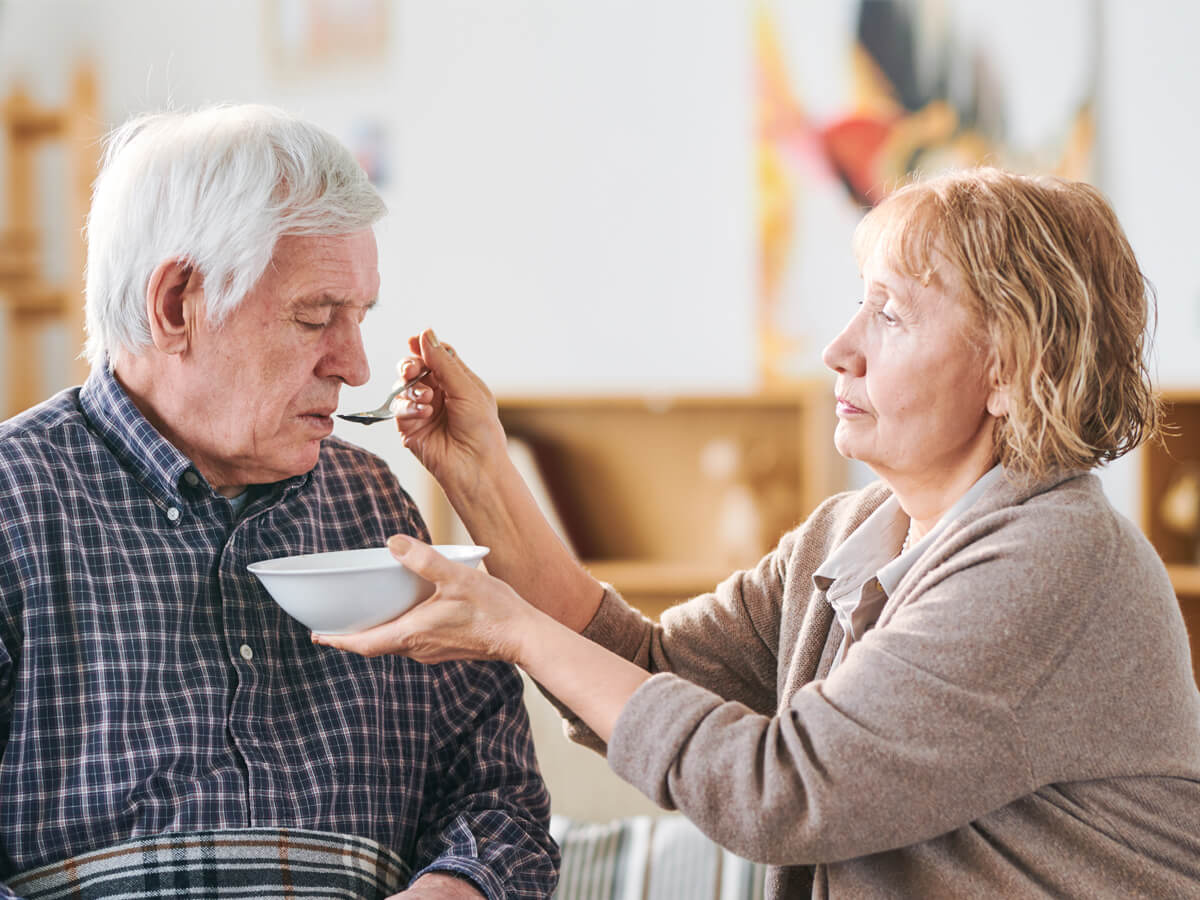My friend Nancy is a caregiver to her husband, who has Parkinson’s disease. I asked Nancy to describer her daily challenges and also, “How does one cope when you are the full time caregiver to someone with a chronic illness?” Here, in her words, is Nancy’s story.
The “uneventful everyday” is a mixed blessing when caring for a person with a chronic illness, which in my case is caring for a person with Parkinson ’s disease (PD). One person described living with PD was like trying to drive with the brakes on. Imagine that. A light went on for me as I thought about that. I know about tremor, slowness, stiffness, freezing. I’ve experienced these in helping my husband to dress and move. But, this little insight helped me to “put myself in his shoes”. Can you imagine the energy it takes to move your body with the “brakes on”? So, it’s a good thing if there are no falls, no bathroom accidents, no spills while eating, no calls in the night for help in the bathroom or turning in bed, long periods of day-time sleep, or other such events.
On the other hand, life has become more limited. I don’t mean being without something to do because there is always something to be done in “life maintenance”. But, much of the spontaneity is lost, for caregiver and the person being cared for. No quick trips anywhere without thinking ahead and planning. That’s the kind of “uneventful” that can lead to decreased energy, dissatisfaction, and weariness; and often to burnout, abuse, and depression.
When folks ask me how I’m doing, which I usually appreciate, I often respond, “Weary but well.” This week I gained another insight into my “weariness”, as I read an article by Sr. Joan Chittister titled, “Who are the People Who Were Waiting for Pope Francis?” Sr Joan wrote, “The problem is that weariness is far worse than anger . . .Weariness comes from a soul whose hope has been disappointed one time too many. To be weary is not a condition of the body — that’s tiredness. No, weariness is a condition of the heart that has lost the energy to care anymore.” I certainly have not lost the energy to care, but I do experience “lost energy.”
So how does one cope with this long “waiting” and disappointment, knowing there is no “getting better”, knowing we both have limitations we never expected? Listening and looking for insights, such as I mentioned above, and incorporating them, helps my understanding of what I am experiencing. Grieving the losses and disappointments, naming them, celebrating what has been, and finding new avenues of discovery and challenge, help to shift the status quo. We may never take another trip overseas, but we can watch the travel channel and remember places we’ve been, or share with friends the adventures they experience(d).
Everyone copes differently. For me it is the little “me” times I make time for during the day. While my spouse is in an exercise class for folks with PD, I try to exercise, which helps to restore some of my energy. This winter I put out a couple of jigsaw puzzles. I work at it a little at a time between other daily work. It’s a bit of respite in the midst of the day. What fun to see the picture emerge and feel a sense of accomplishment. Early morning is “sacred space” for me. I like the solitude. With the clean dishes put away and the coffee perking, I read a brief devotional and pray, asking for patience and a positive attitude as I move into the day.









0 Comments